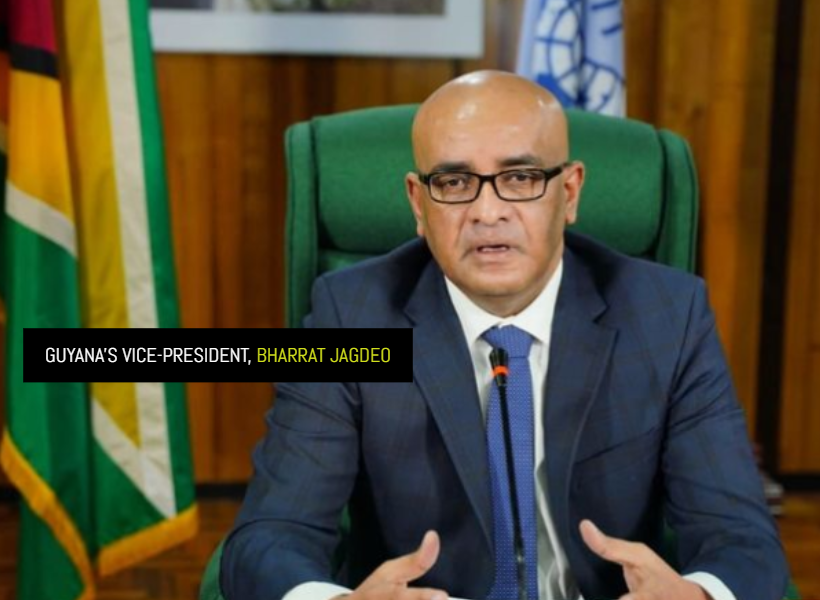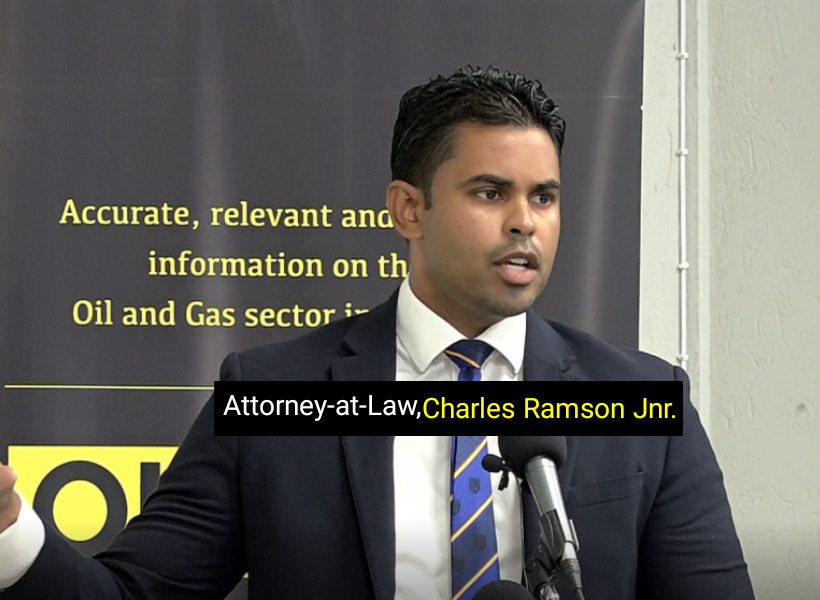The Chief Elections Officer (CEO), Keith Lowenfield has faced harsh criticisms for his report he submitted to the Chairperson of the Guyana Elections Commission (GECOM), relating to the March General and Regional Elections.
In his report, Lowenfield invalidated over 115,000 votes on the basis of mere allegations of voter impersonation, and “dead” voters made by the incumbent regime, and contestant at these elections, the A Partnership for National Unity + Alliance for Change (APNU+AFC).
The figures he submitted show that party retaining government with a one-seat-majority in the National Assembly.
After an article appeared in the Stabroek News captioned: “‘Lowenfield report seen as clear act of insubordination”, the CEO responded.
He said, among other things, that the source who articulated that position seems to have only read the Constitution in part, conveniently, and failed to recognise the sections that dictate the functions of the Chief Elections Officer.
He added: “[W]hile the Commission makes certain policy decisions and provides guidance to the Chief Elections Officer for implementation by the Secretariat, I have to execute my duties as a Constitutional Officer, particularly in the conduct of Elections.”
Lowenfield further stated that the “article suggests that the CEO must only act as the Commission instructs and flout the Constitutional requirements. At all times, I have acted in conformity with the laws and therefore my action cannot be seen as clear act of insubordination”.
But People’s Progressive Party/Civic (PPP/C) Candidate, Attorney-at-law Charles Ramson Jr., begs to differ.
In a recent Facebook Post, Ramson Jr. said that Lowenfield will be appropriately advised in “due course” that a singular reference to an officer in the Constitution does not make him a “Constitutional Officer” without the attendant provisions defining the office such as its genesis, its primary function, and protections distinct from the ordinary lawful processes.
In fact, the Chief Election Officer is a “statutory officer” which finds its genesis in the Representation of the People Act (ROPA) 1:04 (originally from a 1964 Act from the United Kingdom), Ramson Jr. contends.
“Secondly, Lowenfield states that there are ‘sections’ of the Constitution which ‘dictate the functions of the Chief Election Officer’. This is both incorrect and misleading. Lowenfield will be appropriately advised in due course that there are no ‘sections’ in the Constitution which ‘dictate the functions of the Chief Election Officer’. As mentioned above there is a singular and belatedly inserted reference to the Chief Elections Officer in the Constitution, so it is numerically impossible for there to be other ‘sections’ in the Constitution to read. The Constitution explains the ‘Functions of the Election Commission’ at Art. 162, but there is no such comparable Article in the Constitution for the Chief Election Officer. All of the functions of the Chief Election Officer is contained in the ROPA 1:03 and not Constitution,” the Attorney said.
He disagreed also, with Lowenfield that GECOM only makes policy decisions and provides guidance to the Chief Election Officer.
“This is entirely incorrect and Lowenfield will be appropriately advised in due course. Art. 162 of the Constitution specifically states that GECOM ‘shall issue such instructions and take such action as appears to it necessary … to ensure … compliance with the provisions of this Constitution or of any Act of Parliament on the part of persons exercising powers or performing duties connected with or relating to’ either the conduct of elections or registration of electors. Before Lowenfield pursues a precipitous course of action which will lead inevitably to failure, he may also direct his attention to S. 18 of the Elections Laws Act and point to number 15 of the recount Order which states that the Chief Election Officer shall be subject to the ‘direction and control’ and ‘general supervisory power’ of the Commission.
Ramson Jr., in conclusion, said that the CEO is subordinate to GECOM and the sooner the official is appropriately advised of such, “life in Guyana will return to normal”.











